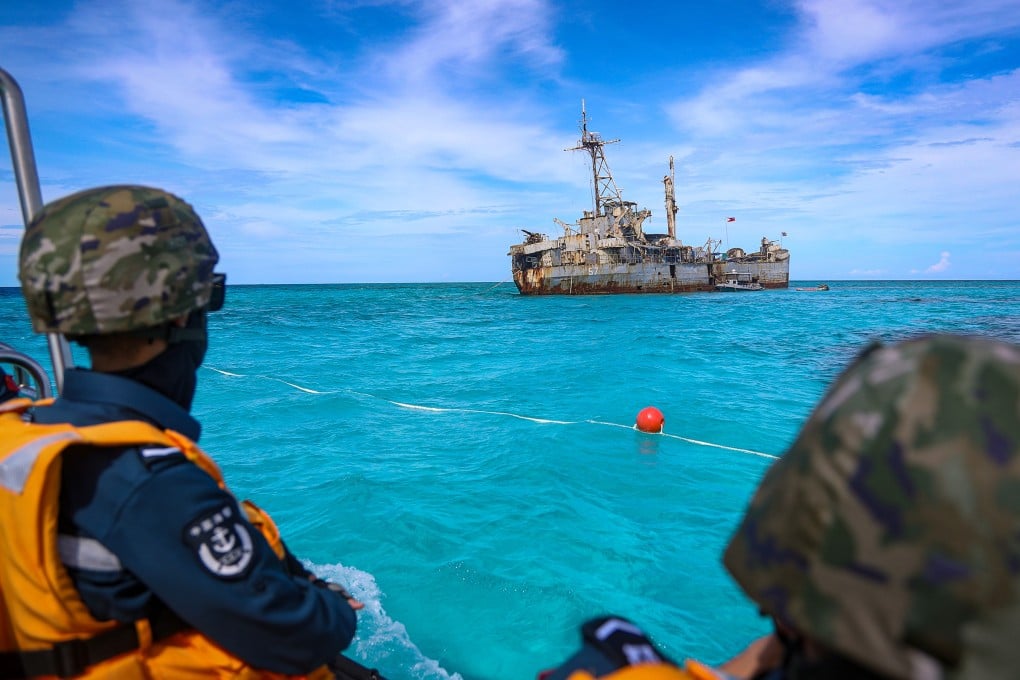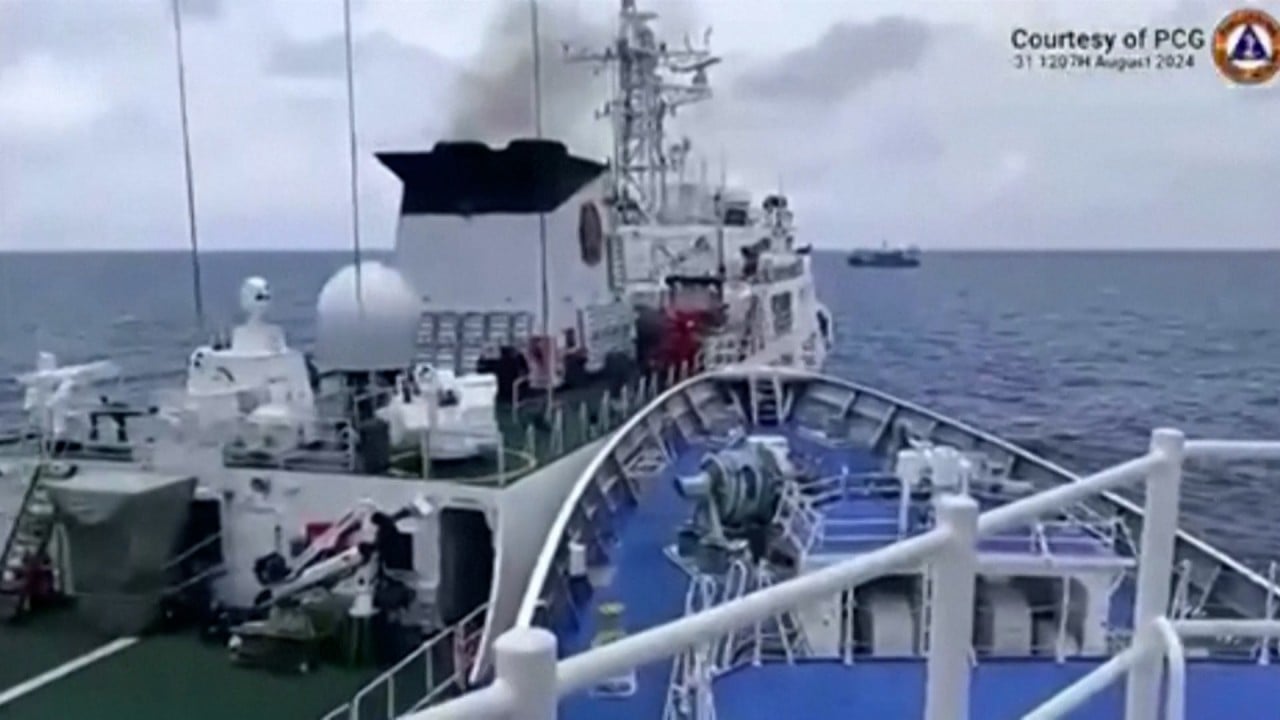Trump return to power in US may raise risk of escalation in South China Sea, analyst warns
Forum told that the lack of legally binding rules for air and sea encounters increases the danger, especially if US military activity increases

Wu Shicun, founder of the National Institute for South China Sea Studies, said Trump would use the issue to try to contain China and stir up discord between Beijing and other South China Sea claimant states but said he would take a different approach to the current administration.
The United States has conducted extensive military and intelligence gathering efforts directed at China in the waterway but “there is no binding set of rules or mechanisms in place”, he told the Baichuan Forum at the Chinese University of Hong Kong’s Shenzhen campus.
He highlighted an incident when destroyers from the two countries came close to colliding in the disputed Spratly Islands in 2018 as “the result of lacking legally binding rules of close encounter”.
The two countries were among the 21 signatories to a Code for Unplanned Encounters at Sea agreed in 2014 but it is not legally binding.
“Given the lack of binding rules or mechanisms between China and the US regarding air or maritime encounters in the South China Sea, there is an increased risk of accidental incidents or escalation of conflicts, particularly if such incidents are mishandled and if US military activities in the region are intensified under Trump,” Wu said.
